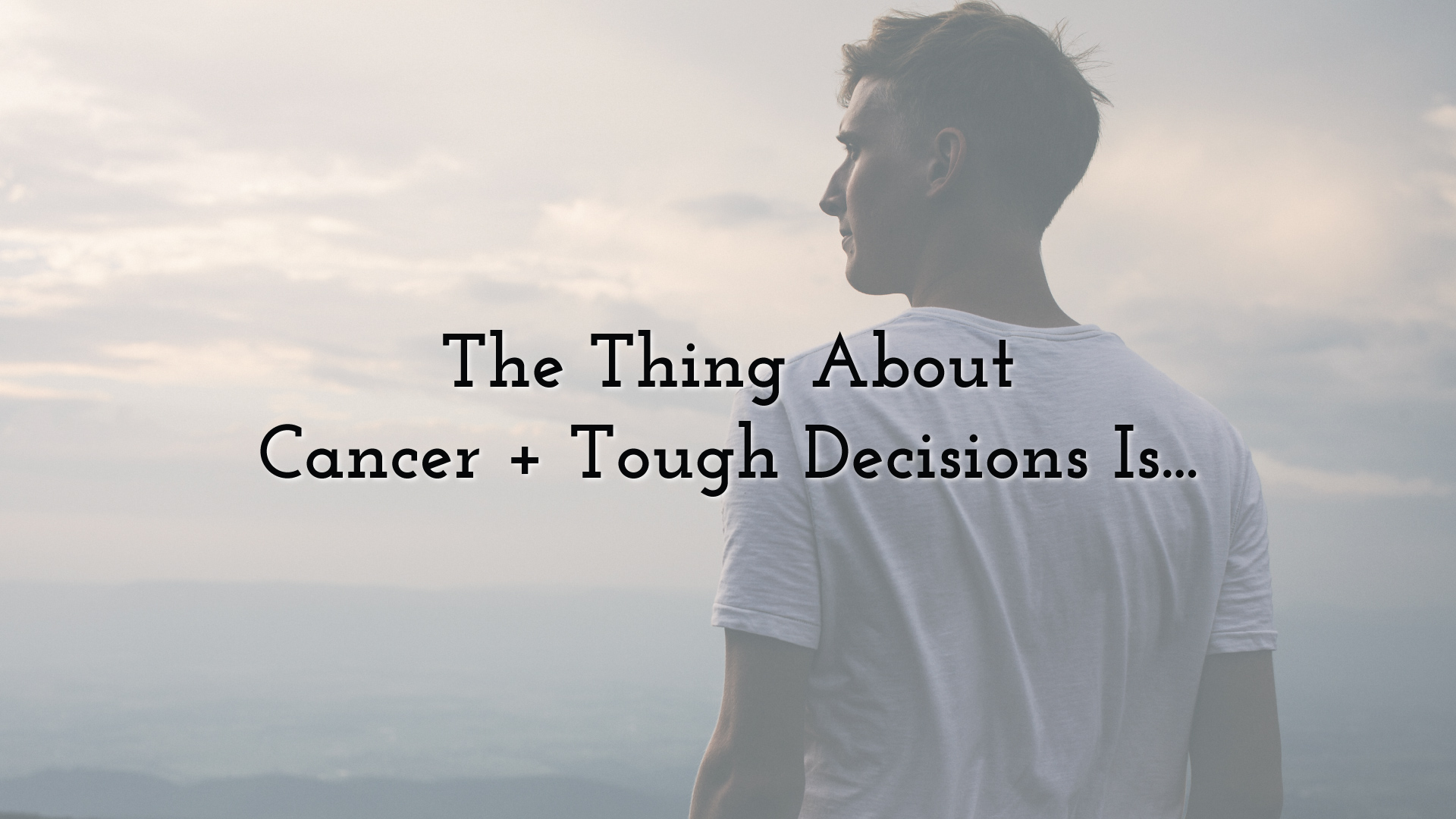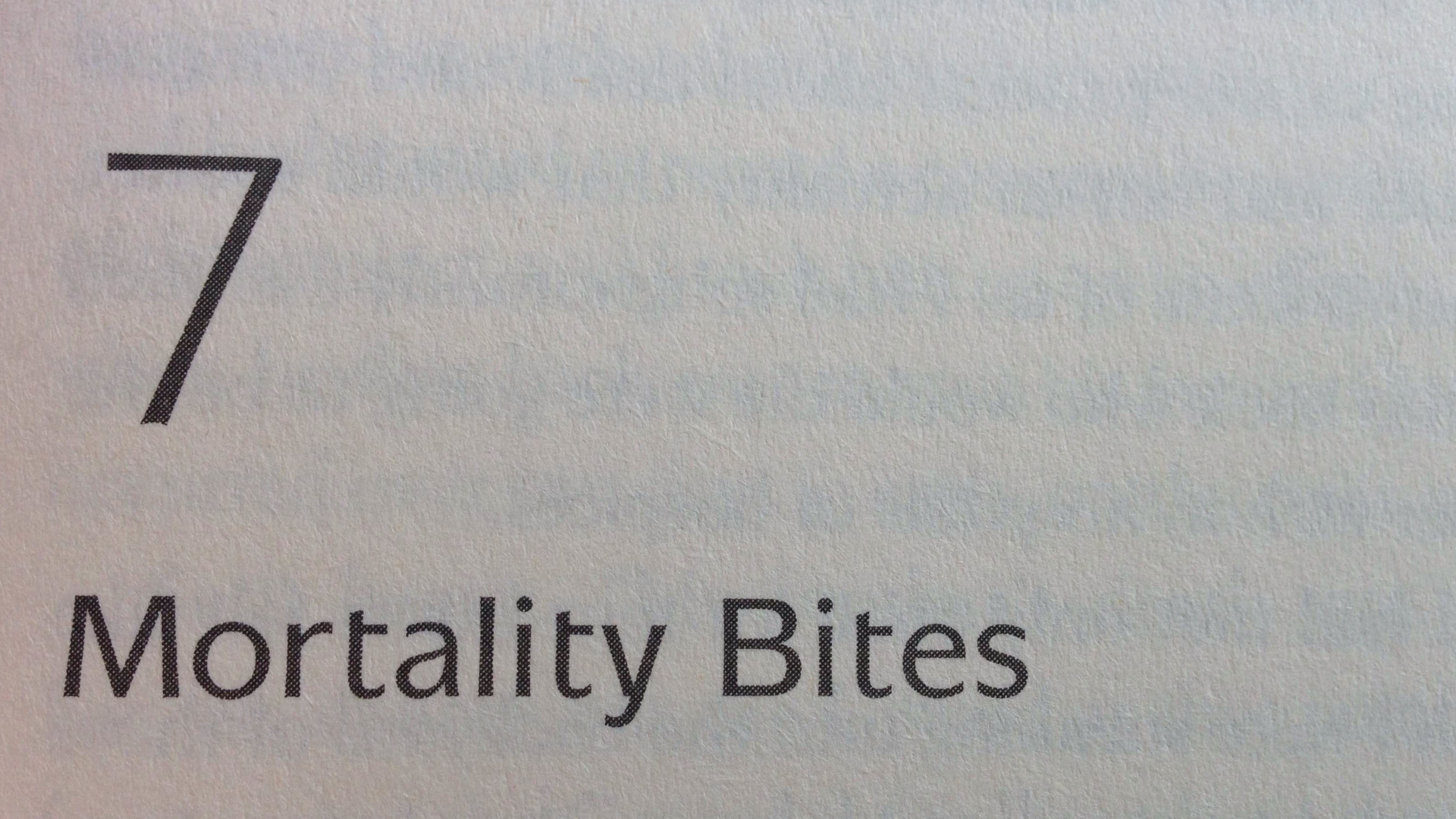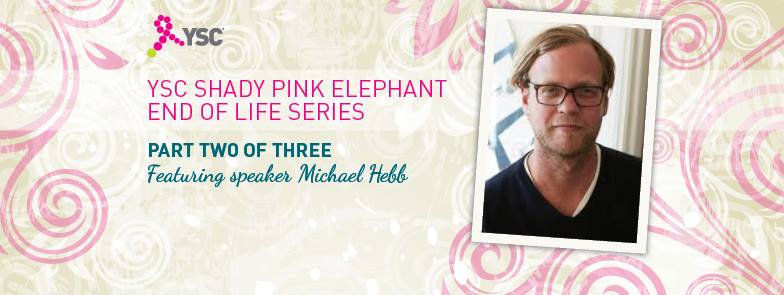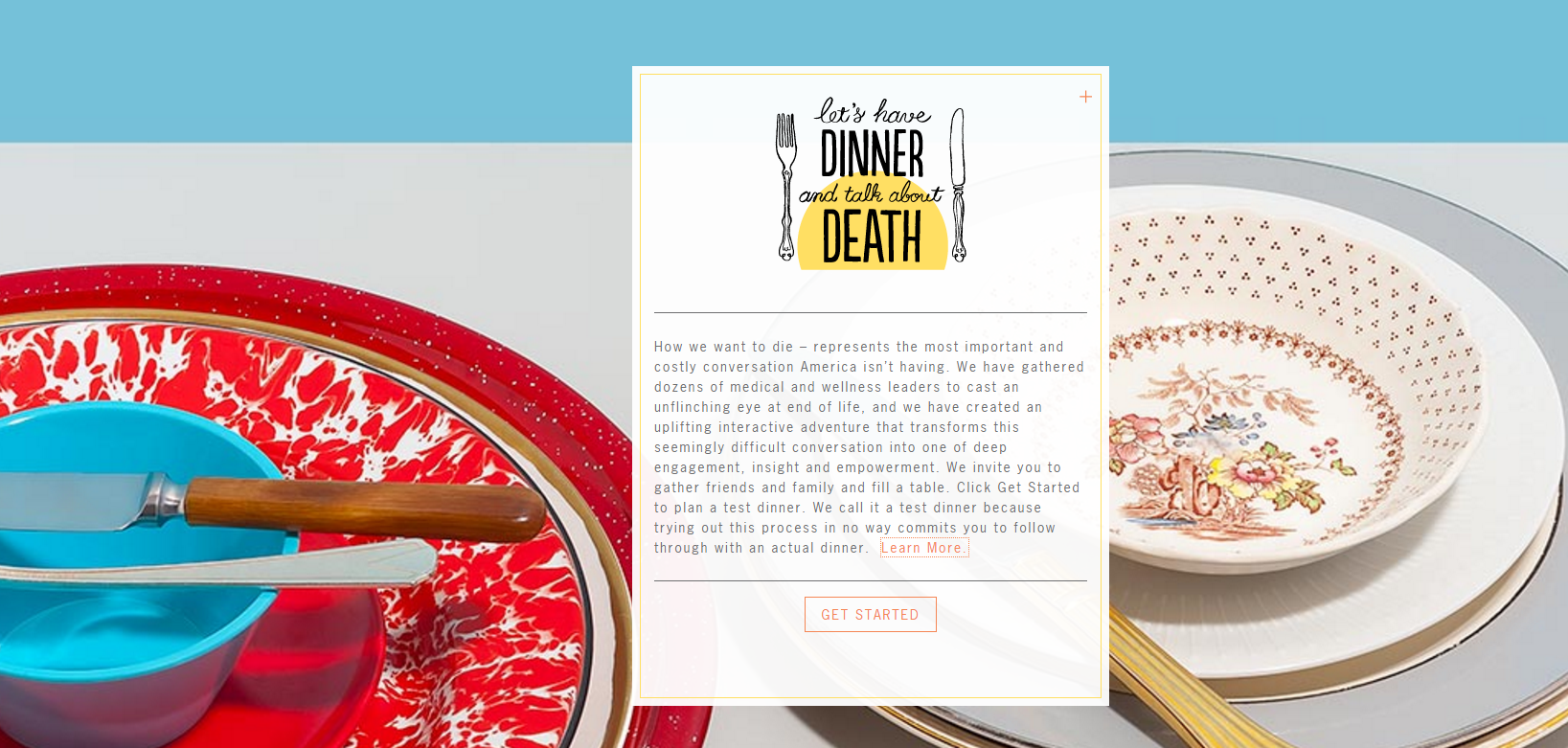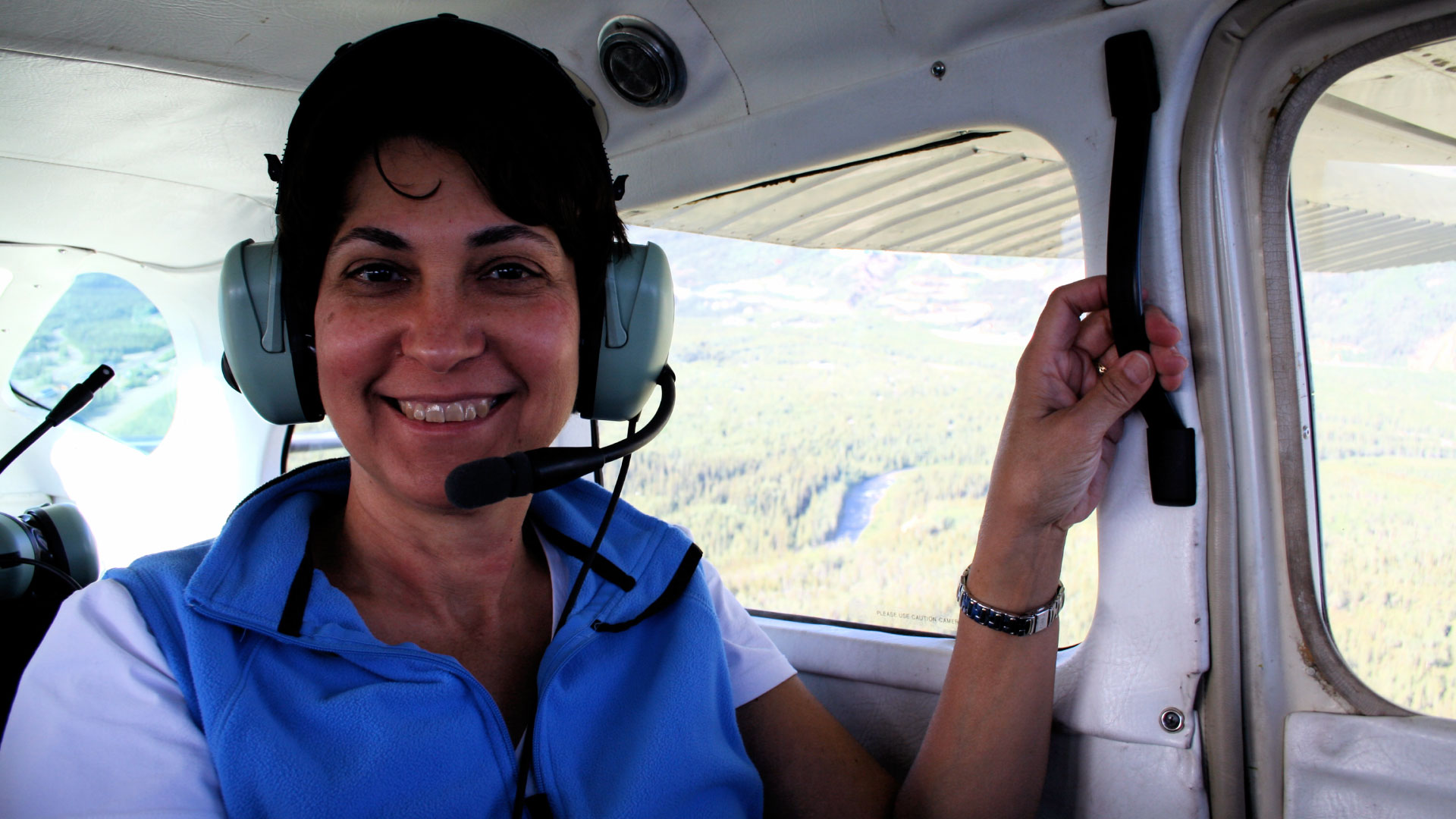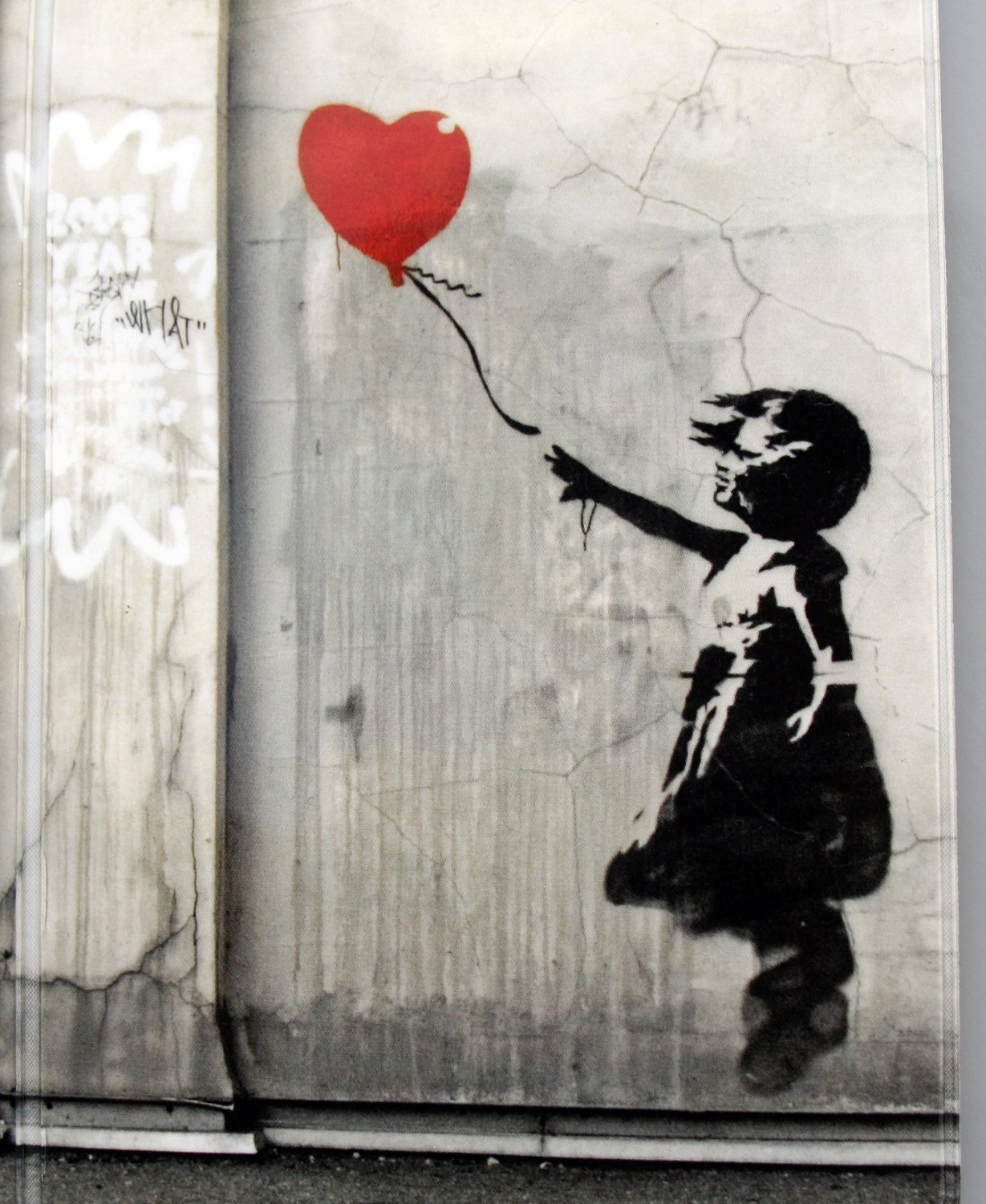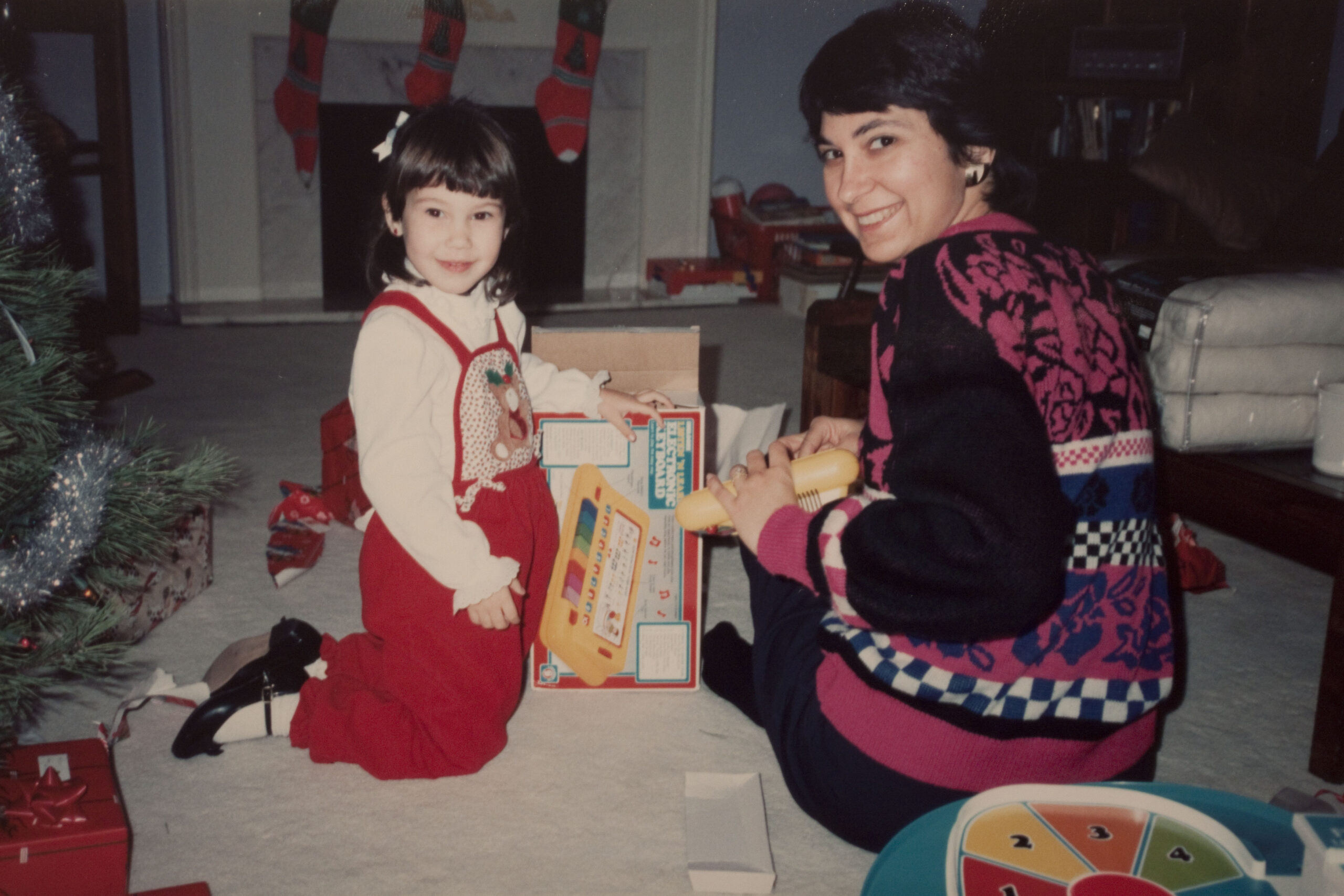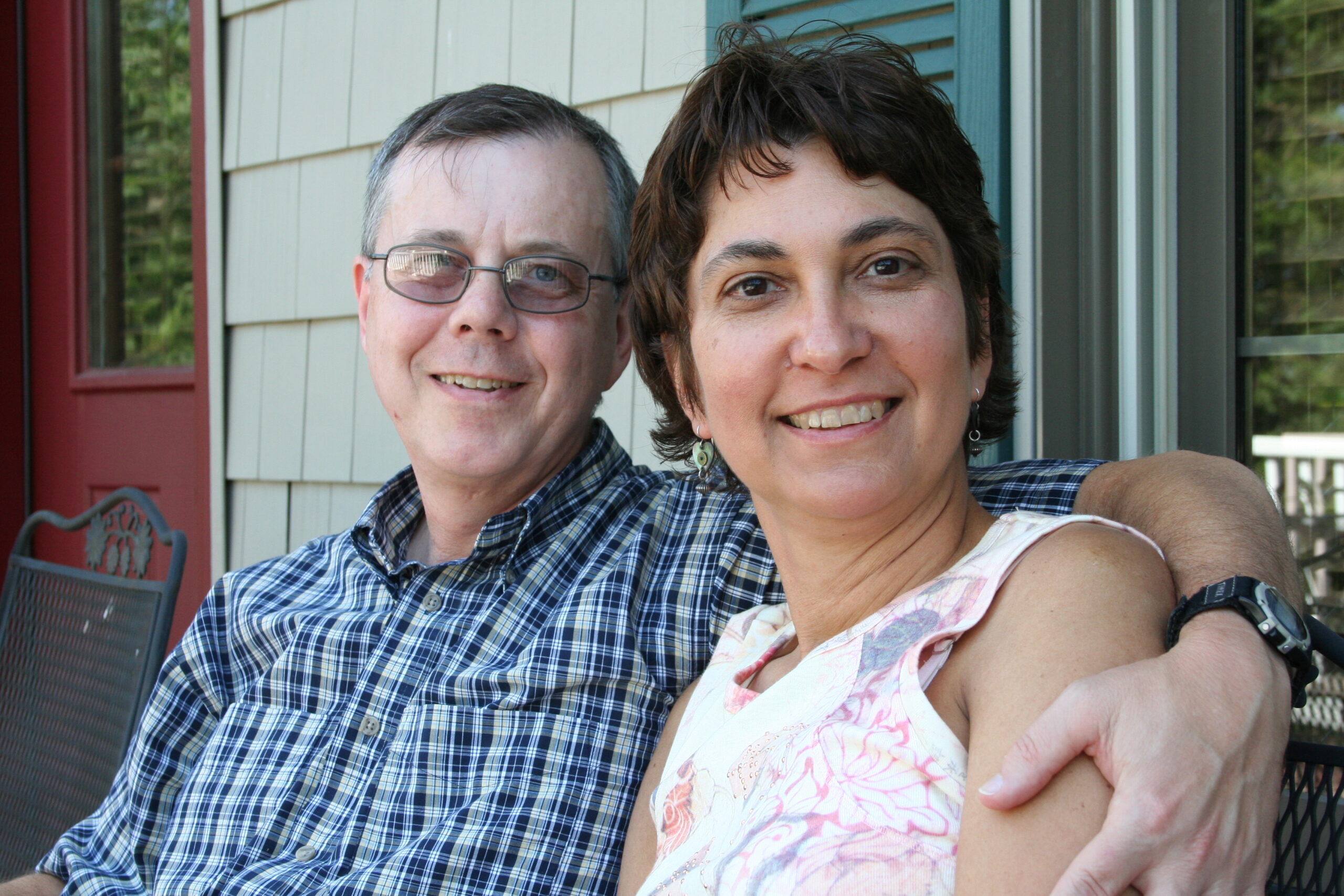From the moment I was told, “Your son has cancer”, I had hope. I was filled with it. It was the feeling I had when looking over treatment plans. It was what I thought I heard in the doctor’s voices when they were telling me what we were going to do next. It was the word I heard the most often from people.
“We are hoping for the best.”
“We hope that the chemo works.”
“We are holding out hope for a miracle.”
“Don’t lose hope!”
It was the name given to the Facebook support page. “Hope for Sebastian”. It was on the t-shirts we had made. Hope was everywhere.
When you are a parent, you have nothing but hopes and dreams for your children. From the moment my children were born, I had all these great ideas about who they would become, and what kind of lives they might have. I pictured them riding bikes, losing teeth, going on dates, graduating high school, getting married, starting families. I had hope that they would each have the best lives imaginable.
But then cancer showed up. And my hopes for my son changed. It went from hoping for him to get into a great college to hoping that this round of chemo doesn’t make him as sick as the last one. Hoping that he might get to go back to school for a little while. Hoping that he won’t have to be in the hospital for his birthday again. Hoping that the test results show improvement. Hoping that the treatments are working. Hoping that the cancer will go away. Hoping that he won’t die.
I continued to hold on to that hope. Even when the tests showed that the drugs weren’t working. Or when we changed drug trials. Or when we switched hospitals. Especially when we switched hospitals, because the newest hospital had a team… one that specialized in Sebastian’s cancer. New found hope! Surely they would find a way to fix this.
A year later, after countless clinic visits and chemo rounds and tests and scans, the doctors told us that we really had no hope of curing Sebastian’s cancer. They told us that everything we could do would just give him a chance at a little more time. The doctors actually said “no hope”. No hope? I’m his mom… I can’t give up hope. This is my son, my child, someone that has all these plans and dreams waiting for him. How can I stop hoping he will get better? I can’t give up hope. I just can’t…
Last spring, the side effects from all that hope-chasing caught up to us. Sebastian ended up in the hospital for 12 days with multiple infections, and we were all afraid he wouldn’t be able to get through them. A DNR was put into his file. His grandparents dropped everything and came to town to stay with us. We had conversations with his pastor about funeral plans. Reality slapped us all in the face. But, our hope prevailed, and the antibiotics cleared the infections up, and we started talking about what we were going to do next. But Sebastian had other plans.
Towards the end of that hospital stay, Sebastian decided that he was tired of doing this. He was tired of the hospital stays, he didn’t want to keep making himself sick from chemo, he was tired of missing out on his life. He asked me if I would be mad at him if he decided that he didn’t want to fight his cancer anymore. He was letting go of his hope for a cure, and just wanted to live his life out, his way.
So, last July, we stopped his treatment, and started him on hospice care. No more chemo, no more weekly clinic visits in Chicago, just pain management and hospice nurse visits at home. I keep in touch with his oncologist via text on a weekly basis, just keeping an eye on how things are progressing. And for a while, nothing was happening.
Last month, we decided to do a set of scans because his pain was getting worse, and spreading to new areas. The scans confirmed our fears, his cancer was spreading. I looked at the scan results, and my fears were confirmed and that hope I had been holding onto for so long was crushed. He is getting worse. His cancer is not going to go away. Sooner than later, my son is going to die because of this. I cried, I shared the news with friends and family members, I told my other children what we had found out. I looked at what we had and I accepted it.
I let go of the hope that he would get better. That fight I had been fighting from day one, thinking he was going to be the one that beat the odds, even though the odds were completely stacked against him from the beginning. I accepted reality and let go of the dream. I just let it go.
I slept for 13 straight hours that night.
Holding on to hope for something that isn’t possible is a lot of work. I didn’t realize how much work it was until I stopped doing it. People have a misconception that having acceptance about something means that you have to like whatever it is. That is not always the case. Accepting something means only that. You accept it, and let it be what it is, and you stop trying to will it to be what it isn’t.
I’m not saying that I don’t have any hope anymore. I still have an overabundance of hope, but today it’s for different things. I hope for comfort for him, that he can handle his pain. I hope for strength for all of us to get through what is coming, together. I hope to draw closer to my family while we face the things ahead. I hope that Sebastian continues to find things to make him happy. I hope for him to have peace. I hope for just a little more time.




